I may have said this before but I used to love reading Paul Krugman and I certainly hope to get around to loving to read him again.
Right about now, he’s lost all credibility with me.
His column today is a prime example of how he lost me. Hillary Rodham Clinton ran a, as Sen. Barack Obama said, valiant race. She lost and conceded and threw her support behind Sen. Obama. Krugman was one of Mrs. Clinton’s most fervent supporters.
 Deploying column after column to bludgeon Sen. Obama’s policy positions and extol the wisdom and virtues of HRC, Mr. Krugman seemed blinded to any good points Obama may have made during the course of the campaign, or to any good qualities he may have.
Deploying column after column to bludgeon Sen. Obama’s policy positions and extol the wisdom and virtues of HRC, Mr. Krugman seemed blinded to any good points Obama may have made during the course of the campaign, or to any good qualities he may have.
I don’t mind partisanship, or even disingenousness. I subscribe to the adage that all is fair in love and war. But what I do mind dishonesty.
And the best face you could put on most of the arguments Mr. Krugman has marshalled in support of Mrs. Clinton and against Mr. Obama is to say that they are dishonest. Even when the examples he’s using are right on the money. Or, should I say especially when . . .
Anyway, in “It’s a different Country,” Mr. Krugman was at it again.
Fervent supporters of Barack Obama like to say that putting him in the White House would transform America. With all due respect to the candidate, that gets it backward. Mr. Obama is an impressive speaker who has run a brilliant campaign — but if he wins in November, it will be because our country has already been transformed.
Mr. Obama’s nomination wouldn’t have been possible 20 years ago. It’s possible today only because racial division, which has driven U.S. politics rightward for more than four decades, has lost much of its sting.
And the de-racialization of U.S. politics has implications that go far beyond the possibility that we’re about to elect an African-American president. Without racial division, the conservative message — which has long dominated the political scene — loses most of its effectiveness.
Mr. Krugman’s examples are these:
Big Government: Americans don’t dislike big government. They actually support Social Security, Medicare, and Medicaid, government programs that dominate domestic spending.
If Ronald Reagan and other politicians succeeded, for a time, in convincing voters that government spending was bad, it was by suggesting that bureaucrats were taking away workers’ hard-earned money and giving it to you-know-who: the “strapping young buck” using food stamps to buy T-bone steaks, the welfare queen driving her Cadillac. Take away the racial element, and Americans like government spending just fine.
But why has racial division become so much less important in American politics?
Part of the credit surely goes to Bill Clinton, who ended welfare as we knew it. I’m not saying that the end of Aid to Families With Dependent Children was an unalloyed good thing; it created a great deal of hardship. But the “bums on welfare” played a role in political discourse vastly disproportionate to the actual expense of A.F.D.C., and welfare reform took that issue off the table.
There’s nothing wrong with this argument. On its own, it is right.
Mr. Krugman goes on to talk about other examples, including the decline in urban violence.
As the historian Rick Perlstein documents in his terrific new book “Nixonland,” America’s hard right turn really began in 1966, when the Democrats suffered a severe setback in Congress — and Ronald Reagan was elected governor of California.
Krugman acknowledged that none of these examples mean that Obama would win the presidency. He then concluded this way:
But if Mr. Obama does win, it will symbolize the great change that has taken place in America. Racial polarization used to be a dominating force in our politics — but we’re now a different, and better, country.
First of all, let me say that, if the country Paul Krugman is talking about is these United States of America, it is not that different a country.
I questioned the country Krugman is talking about because he wondered in his column why “racial division” has “become so much less important in American politics.” America remains and will be for a long time a deeply racist and racialized nation. I take no pleasure in saying that but it is the truth.
The genius of the Obama campaign is in figuring out a way to navigate the virulent currents of our public life. He is a singular figure (Just as Sen. Clinton, for an entirely different reason, has been a singular figure in convincing us a female could be a commander-in-chief) who has come along with a promise of leading us to a better place.
Because the Democratic Party establishment was already committed to HRC, Obama fashioned his own brand new constituency so that his message could eventually resonate with people who might otherwise not listen to an African American candidate.
Obama had to do that in order to get anyone to listen to him. And, as it is, both candidates brought record number of people out to vote during the primary and caucus season.
Jesse Jackson made a couple of exhilarating runs at the presidency, crafting a “rainbow coalition” of minorities, women, and the poor and working classes but it was never going to be enough because, ultimately, you needed white voters, which the Rev. Jackson did not get in the requisite numbers.
Obama signaled this time was going to be different when he won the overwhelmingly white Iowa and came a scintillating second in just as white New Hampshire.
It was indeed Obama’s transformative campaign and not a de-racialized nation that led to those early triumphs and the ones that followed.
For Krugman to come out with his column Monday denying that and offering other reasons, as valid as they may be, strikes me as sour grapes bordering on churlishness.


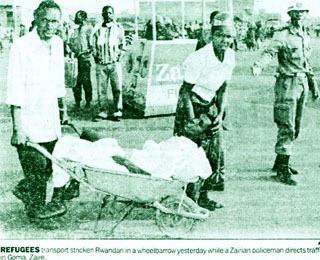
 Deploying column after column to bludgeon Sen. Obama’s policy positions and extol the wisdom and virtues of HRC, Mr. Krugman seemed blinded to any good points Obama may have made during the course of the campaign, or to any good qualities he may have.
Deploying column after column to bludgeon Sen. Obama’s policy positions and extol the wisdom and virtues of HRC, Mr. Krugman seemed blinded to any good points Obama may have made during the course of the campaign, or to any good qualities he may have.
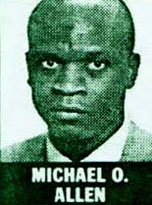
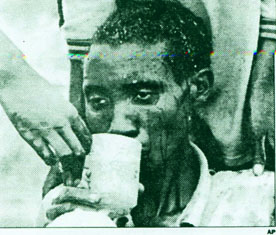
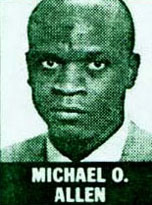
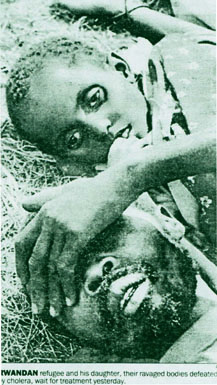
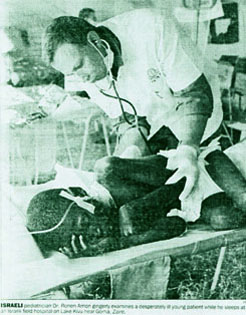
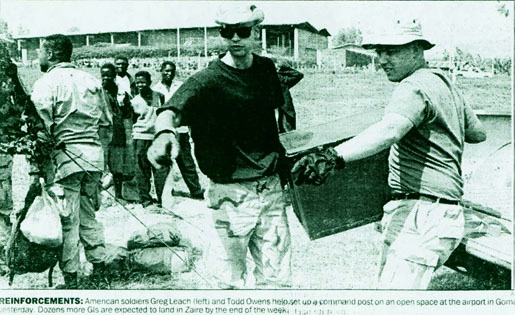
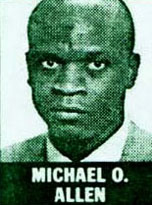
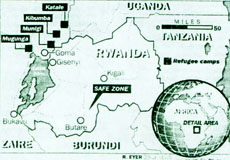
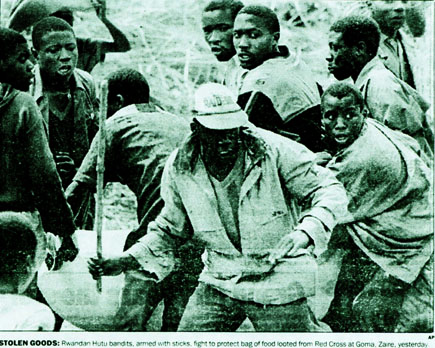
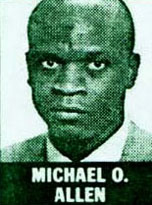


 Jason Giambi was mobbed by teammates after reaching home. “This is what you dream about as a kid,” he said, “especially in Yankee Stadium.” (Photo by Barton Silverman/ The New York Times)
Jason Giambi was mobbed by teammates after reaching home. “This is what you dream about as a kid,” he said, “especially in Yankee Stadium.” (Photo by Barton Silverman/ The New York Times)
 His two-run shot — as a pinch-hitter on an 0-2 count, with two outs in the bottom of the ninth inning against closer B. J. Ryan — gave the Yankees two consecutive victories and a .500 record again (30-30) in one of their most dramatic finishes of the season.
His two-run shot — as a pinch-hitter on an 0-2 count, with two outs in the bottom of the ninth inning against closer B. J. Ryan — gave the Yankees two consecutive victories and a .500 record again (30-30) in one of their most dramatic finishes of the season.